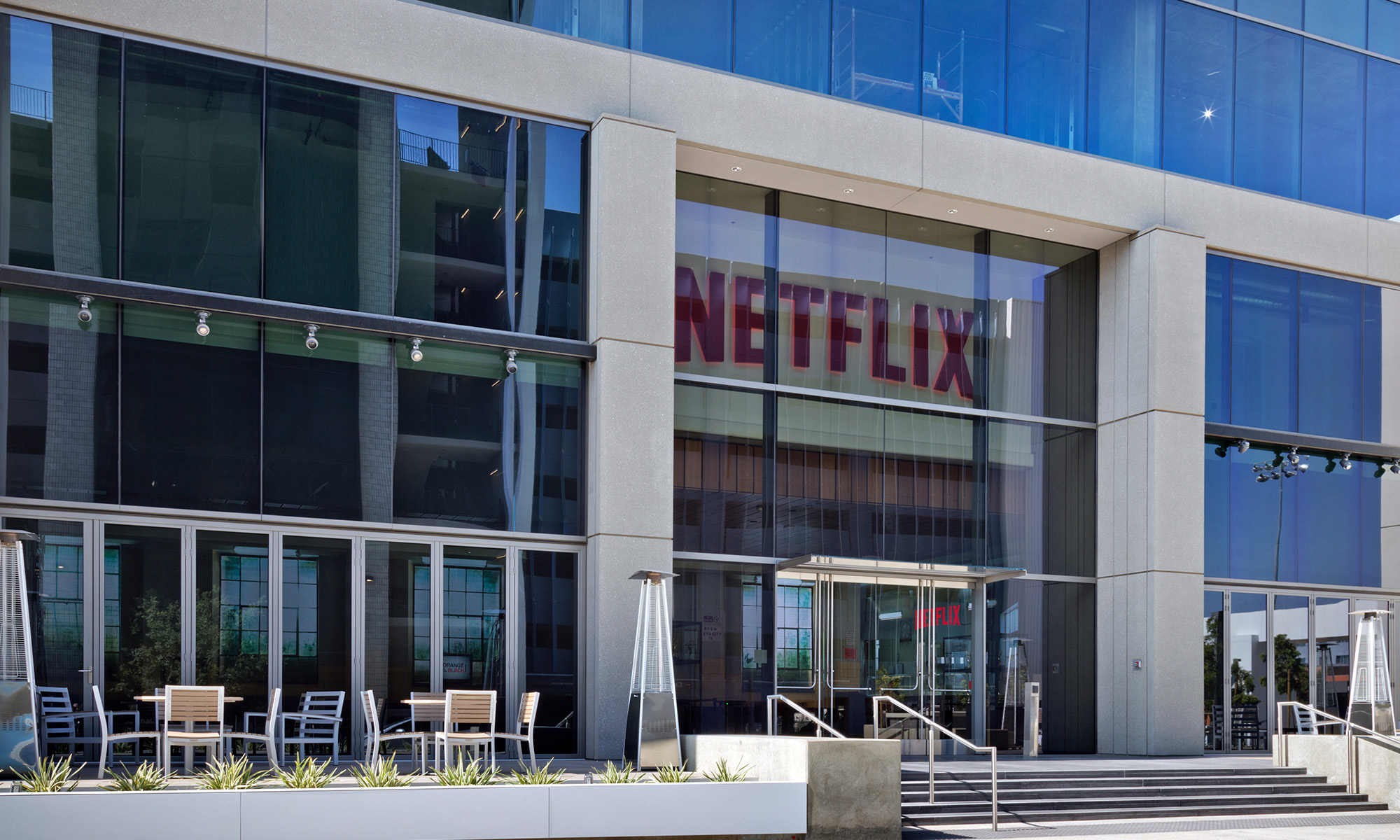There are two interesting nuggets out of the Netflix (NFLX 0.48%) camp this week.
First, it was a deal with CBS (CBS +0.00%) to bring Dexter back to Netflix's streaming catalog. CBS is the parent of Showtime, the premium cable network that took a chance on the serial killer serialized drama and was rewarded with eight seasons of the critically acclaimed show.
The second morsel was Netflix content chief Ted Sarandos speaking at an industry conference over the weekend, throwing a potential new wrinkle in the leading video service's playbook.
"Why not premiere movies on Netflix, the same day that they're opening in theaters?" he rhetorically asked attendees as the keynote speaker of the 2013 Film Independent Forum. "And not little movies. There's a lot of people and a lot of ways to do that. Why not big movies?"
Yes, you heard that right. Netflix is dreaming about the day when it can offer a big-budget theatrical release on the same day that it hits a multiplex near you. We've seen this before with small indie releases, hoping to cash in on digital revenue and piggyback a digital marketing strategy on top of a theatrical one.
One of these strategies is brilliant. The other lacks a purpose-driven serial killer.
It's hard to fault the Dexter plan. The first four seasons will begin streaming on Thursday -- Halloween, folks -- and the the final four seasons will follow come January. The show is still fresh enough in the minds of consumers where it will be a binge-viewing magnet for the vast majority of the country that doesn't subscribe to Showtime so they never caught it. Cable networks and service providers used to derisively tag Netflix as "rerun TV," but it's a badge that has served the platform well. Serialized dramas keep viewers engaged and unlikely to hit the unsubscribe link on their accounts.
The notion that Netflix will premiere a potential blockbuster seems far-fetched. For starters, it's a self-fulfilling prophecy. If folks know that they can stream a movie as part of a $7.99 monthly subscription, why would they pay more than that for a ticket -- or several tickets -- to screen it at a movie theater? Availability will doom its chances of being a box office winner, and that alone makes this a bad bet. How many millions or tens of millions will Netflix have to shell out for these rights? That money would be far better spent on TV shows that have hundreds of hours of content instead of on a two-hour movie. The novelty of having a flick available on the day it's released ends quickly. Consumers will then want more. These are caviar tapas. They're small expensive bites. The strategy won't work. There's a reason Netflix and rival Amazon.com have invested in original programming of television shows. Yes, Amazon has thrown some money at actual movies, but these have been low-budget flicks that would likely never receive wide theatrical releases anyway.
Netflix makes a sound argument for disruption in Hollywood. Sarandos went on to point out that there was a 50% increase in movies with production budgets of at least $75 million this summer, but all of that money only resulted in a 6% increase in attendance. Movie studios could use new revenue streams to take the risk out of movies, and getting a chunky up-front payment from Netflix would naturally help. However, the dynamics just will never be the same as TV shows where exposure on Netflix of earlier episodes increases awareness and anticipation for current shows. There is no evidence that a movie's availability in Netflix's streaming catalog results in an uptick in DVD or video download purchases. Logic would dictate that the exact opposite happens.
There is definitely a market for Netflix in low-budget original releases, likely documentaries that it can then license to networks or perhaps low-key movie revivals of shows that gain cult status on the site. However, first-run movies won't be worth the hassle or the money for results that will likely fall short of expectations.
Leave the serial killing to professionals, Netflix.






